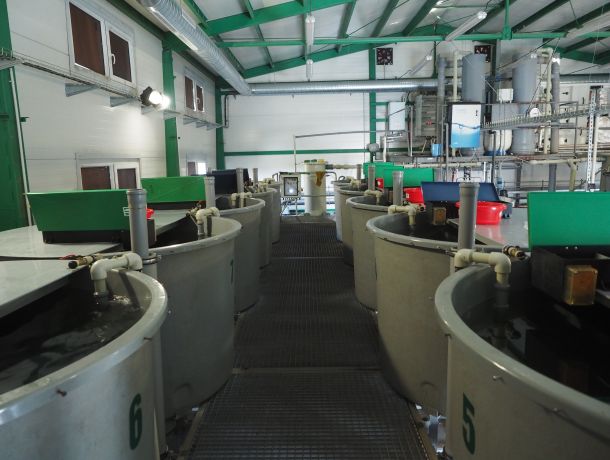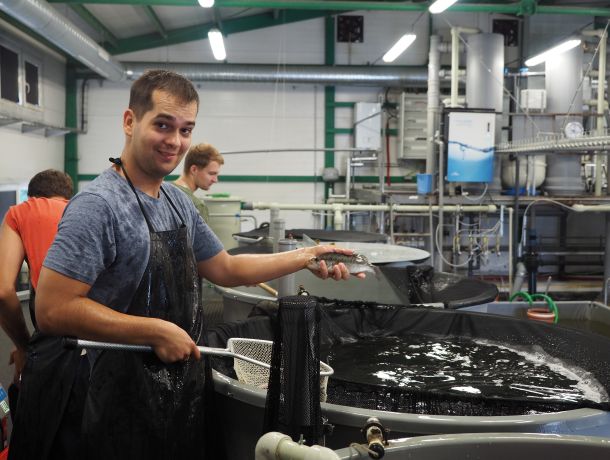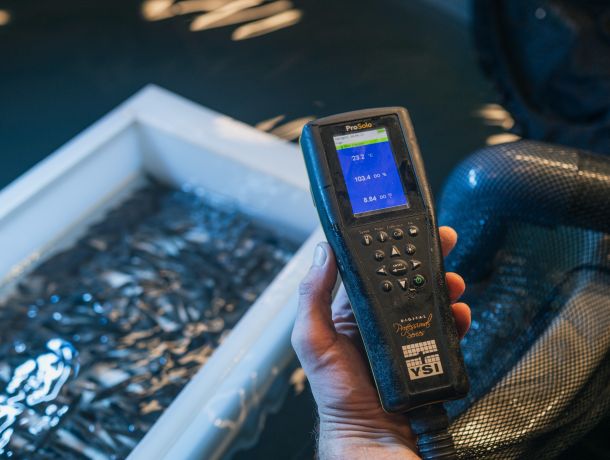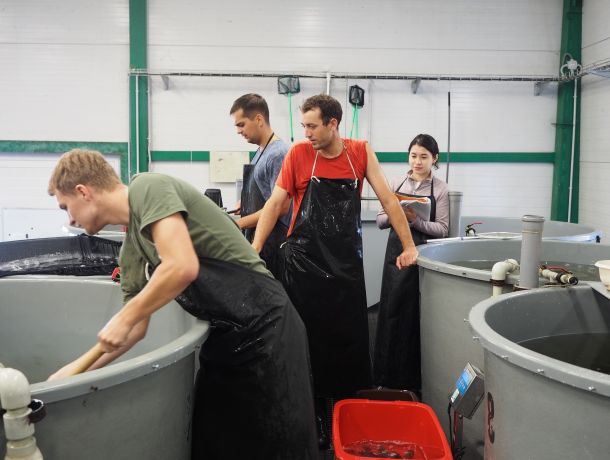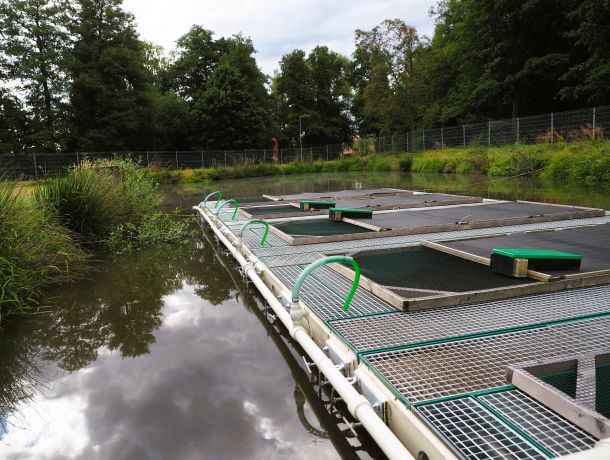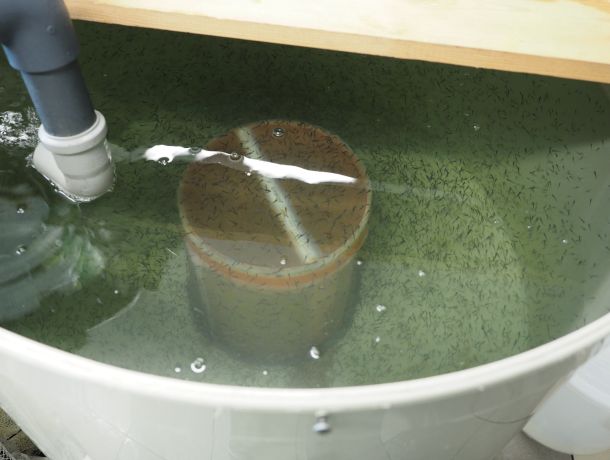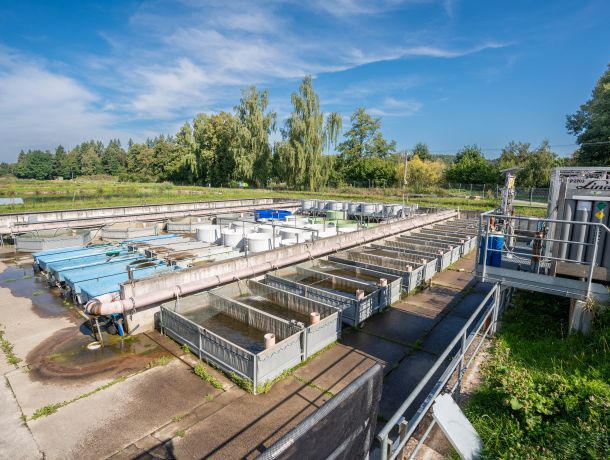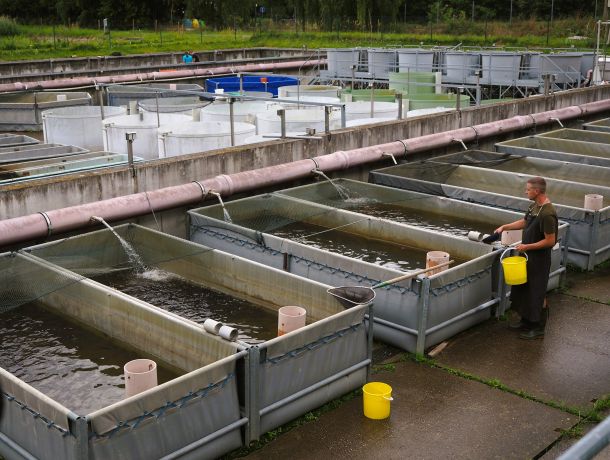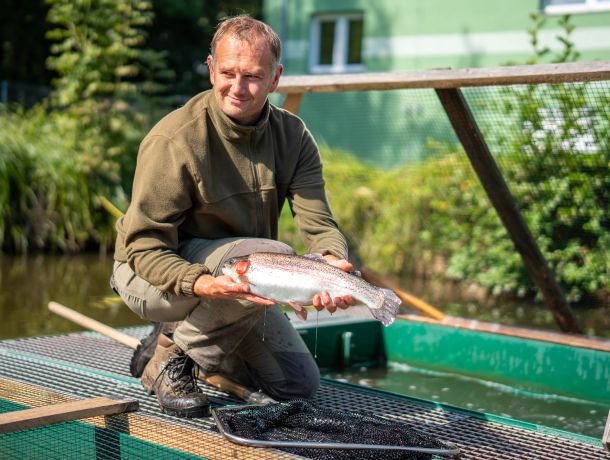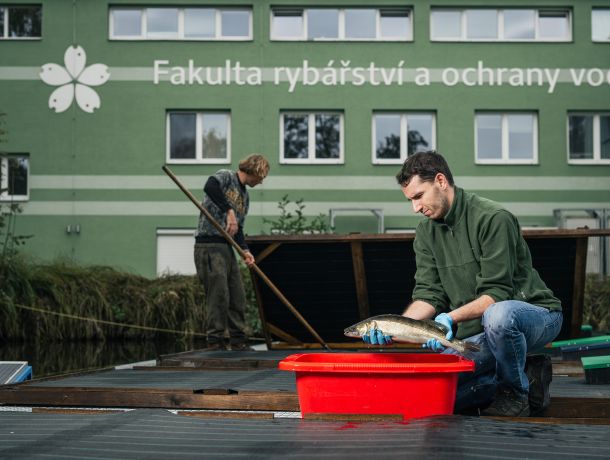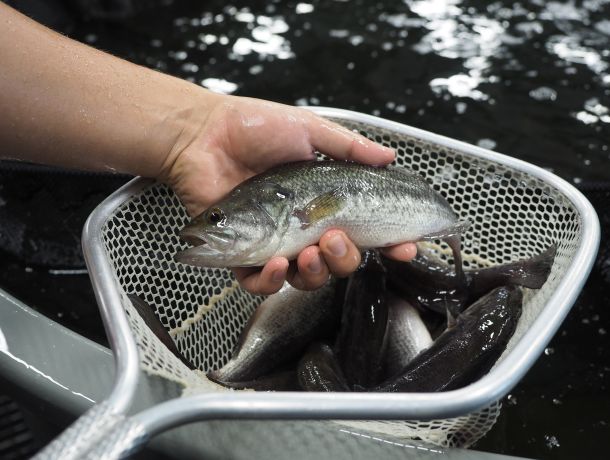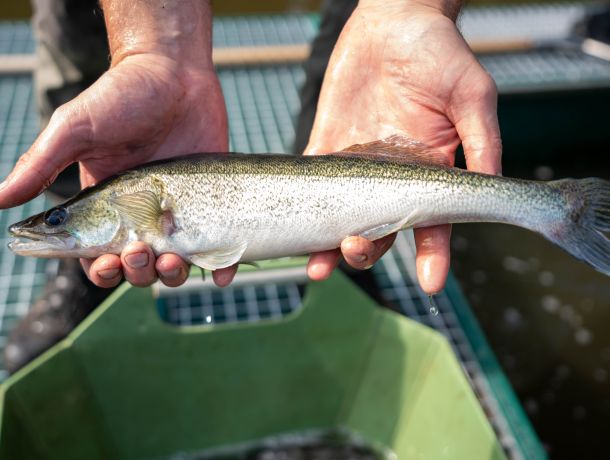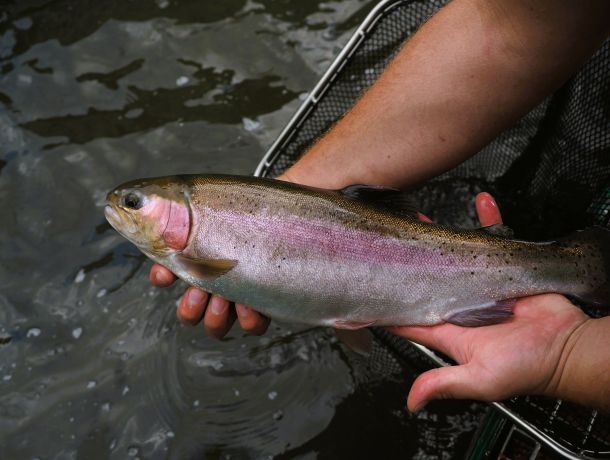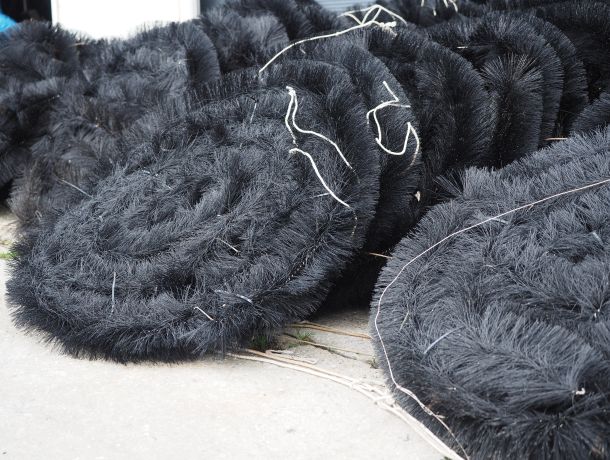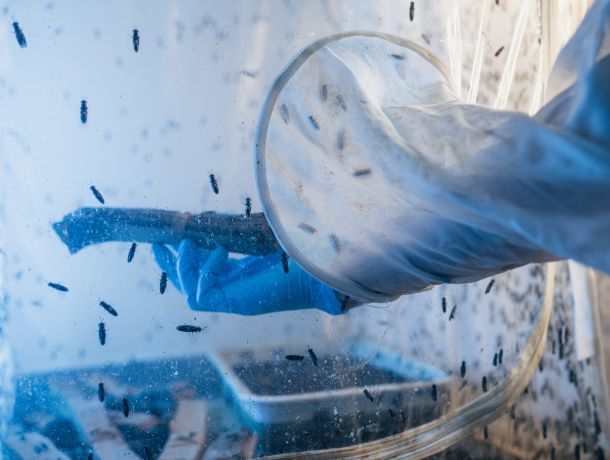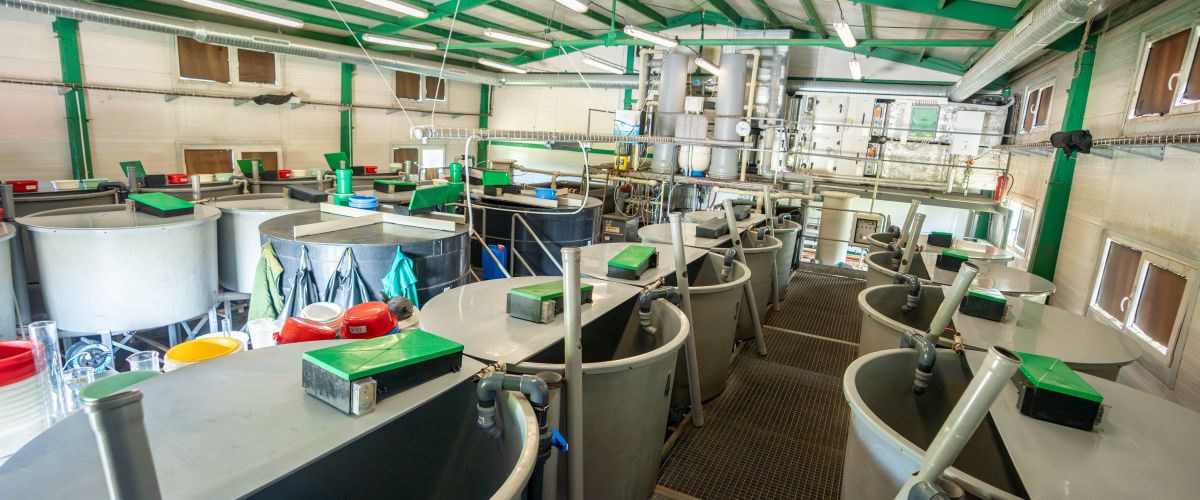
Laboratory of Intensive Aquaculture
About the Laboratory
The Laboratory of Intensive Aquaculture (LIA) was established in 2008 within the Research Institute of Fish Culture and Hydrobiology in Vodňany, where it continues to operate today.
Since its establishment, LIA has evolved into a research and educational platform operating at the interface of fish physiology, behavioural ecology, and aquaculture engineering. We translate biological knowledge into technologically optimized, economically viable, and environmentally responsible production systems.
We focus on applied research and education of university and secondary school students in the field of fisheries and aquaculture, not only from the Czech Republic but also from abroad (France, Germany, Kazakhstan, and Ukraine).
Our objective is to innovate and optimize the intensive culture of fish and other aquatic organisms, including rotifers, native European crayfish species, and other crustaceans, under controlled conditions of recirculating aquaculture systems (RAS).
Our Values
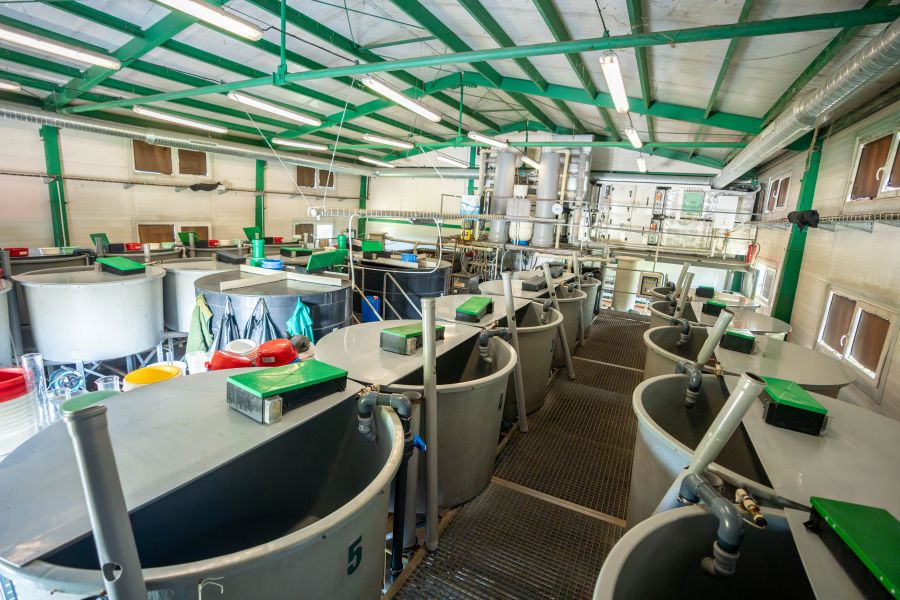
All research activities are conducted with a strong emphasis on:
- Animal welfare
- Resource efficiency
- Economically sustainable operation
- Environmental responsibility
Our Expertise
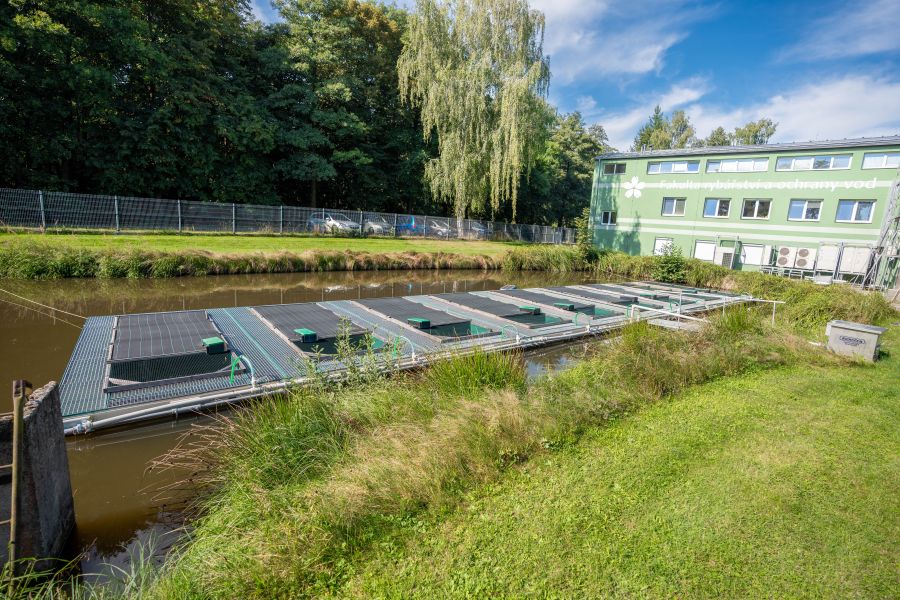
We develop and optimize RAS technologies and integrate them with other production systems, including:
- Production ponds
- Pontoon systems
- Integrated multitrophic systems
- Biofloc-based systems
This systems-level integration enables flexible, climate-resilient aquaculture strategies.
Supporting Diversity in Aquaculture
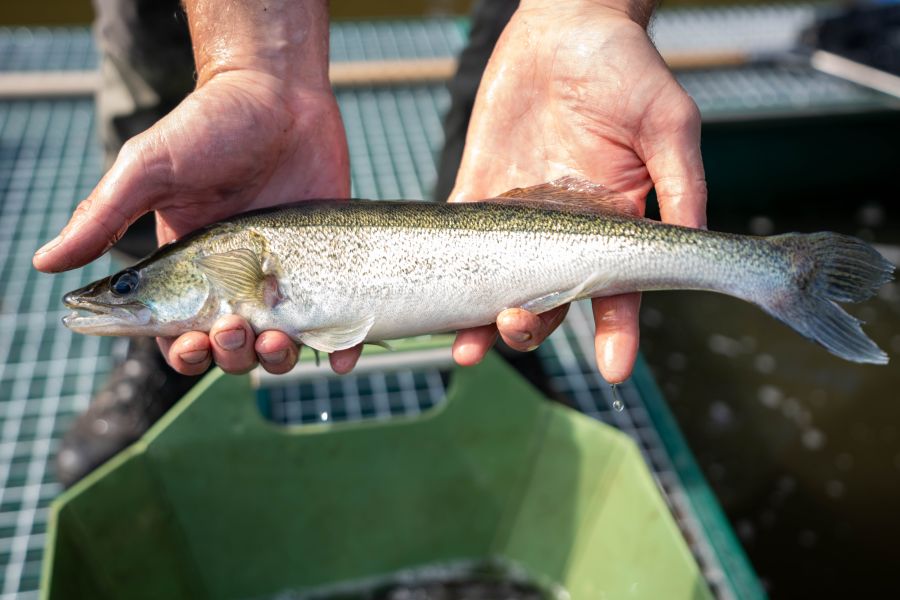
We contribute to diversification of Czech and European aquaculture through economically viable production of valuable complementary fish species, including:
- Pikeperch
- European perch
- Rainbow trout
- Burbot
- European grayling
- Brown bullhead
- African catfish

